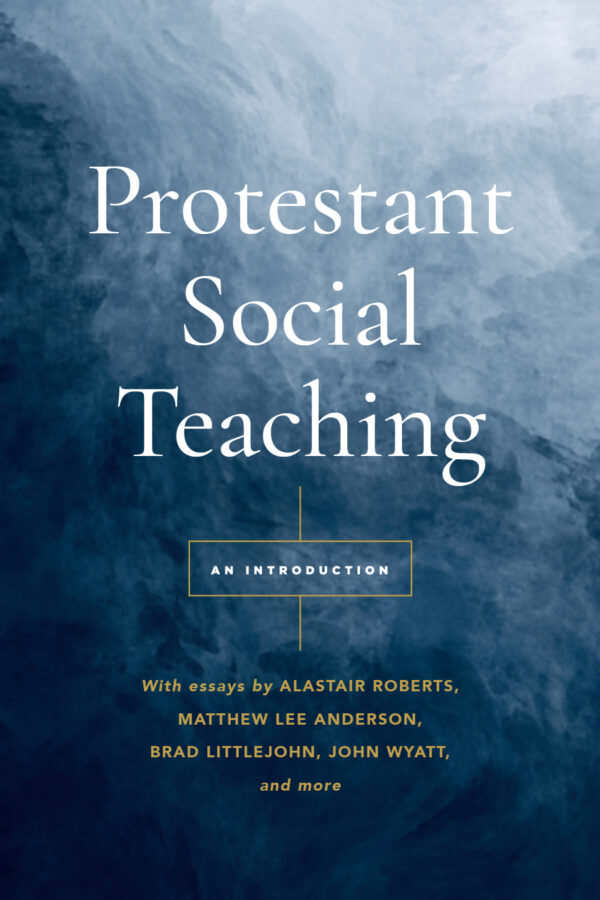The Davenant Press recently published a collection of essays on the broad topic of Protestant social thought. The name of the volume draws attention to its better-known competitor, Catholic Social Teaching. By my lights, Catholic Social Teaching traces its origins to the encyclical Rerum Novarum by Pope Leo XIII in 1891. Leo's piece was a sustained analysis of the effects of the preceding decades of the combination of market capitalism and the modern business corporation on the society of Western Europe. The initial Protestant version can be traced to Dutchman Abraham Kuyper's The Problem of Poverty in the same year. (Go here for an excellent comparison of the two approaches by Johan van de Vyver.)
Since Kuyper's foray a distinctively Protestant social thought has been hard to identify. There have, of course, been many Protestants who have thoughtfully engaged with the social topics of their day But many of these efforts have not been distinctively "Protestant." Biblical, yes, in some cases, but relatively few have done the hard work of tying biblically-based insights to the wisdom of the Church through the ages. Protestant social teaching is even harder to identify and perhaps nothing can (or should) be done about that. After all, Catholic Social Teaching has the power of the magisterium behind it.
Thus "Protestant Social Thought: An Introduction." From the Introduction we find its aim: "we hope to offer a unified body of social teaching not be way of creation but recovery." In other words, this volume is backward-looking (essentially the 16th through the early 19th centuries). While some of the chapters proffer contemporary applications, most of the contributors to Protestant Social Teaching are content to flesh out the insights of the Magisterial Reformers and those of the following couple of hundred years. Yet this is a significant feat. It turns out that the Reformers and their progeny had a great depth and wide breadth of insight into the social conditions of their day, as well as substantive arguments for what should be done. They were neither arm-chair academics nor occasional gadflies.
What follows will not be my all-encompassing version of Protestant Social Teaching (although you can find what I hope passes for it in various published papers here, here, here, and here). Instead, I will provide my occasional comments on the chapters as I read them. You are more than welcome to buy your own copy of "Protectant Social Teaching" and chime in the discussion.





No comments:
Post a Comment